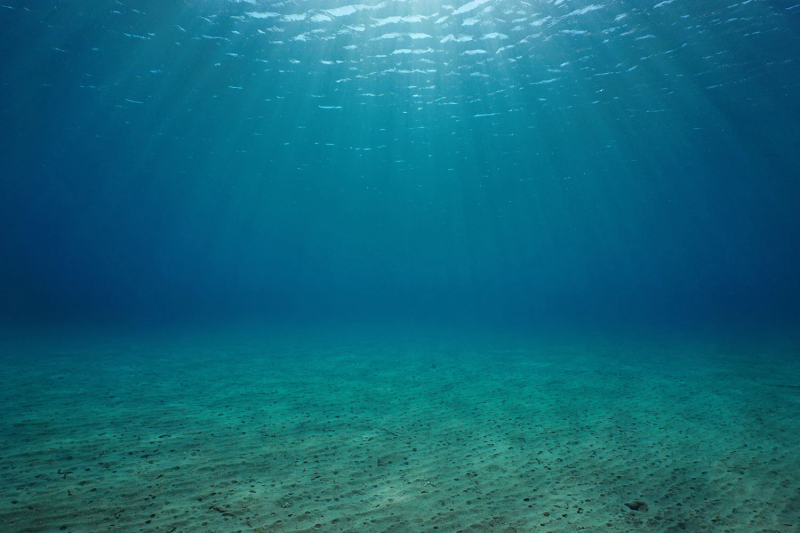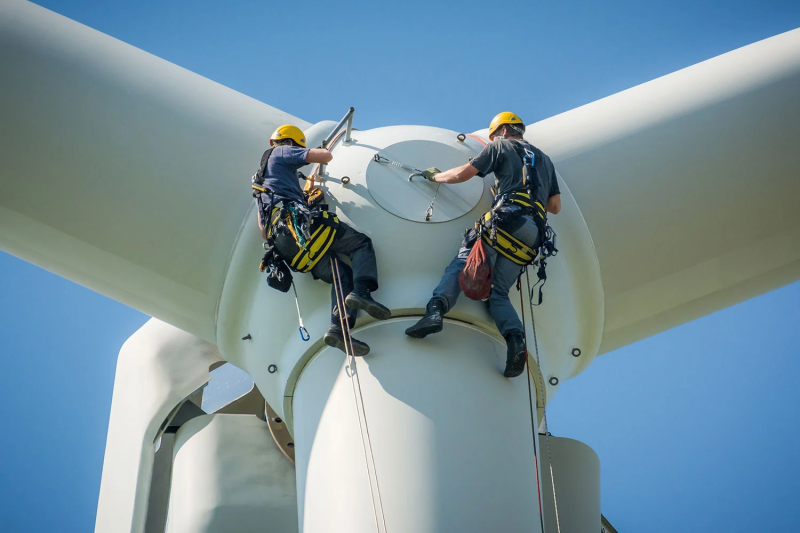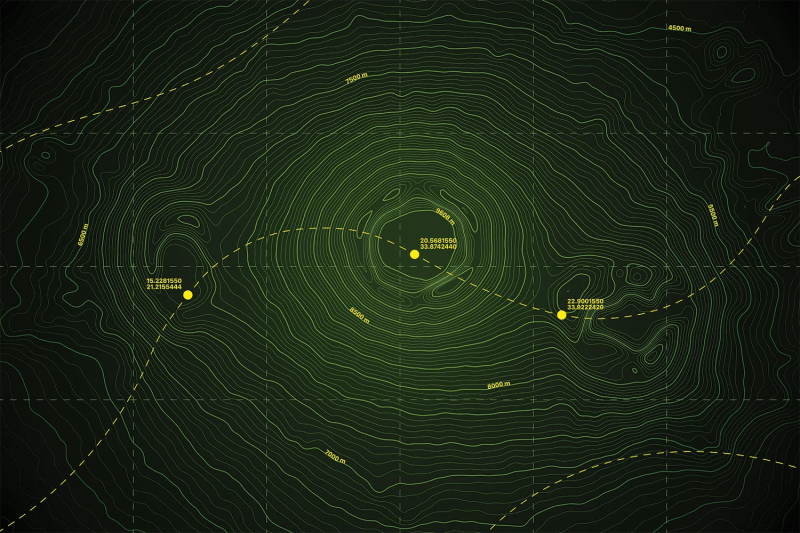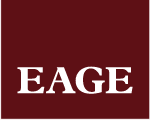EAGE Short Course 2 Reservoir Engineering for Hydrogen Storage in Subsurface Porous Media
Room 4
Sunday
1 June 2025
Time
8:30 - 17:00
CPD Points
5
Instructor
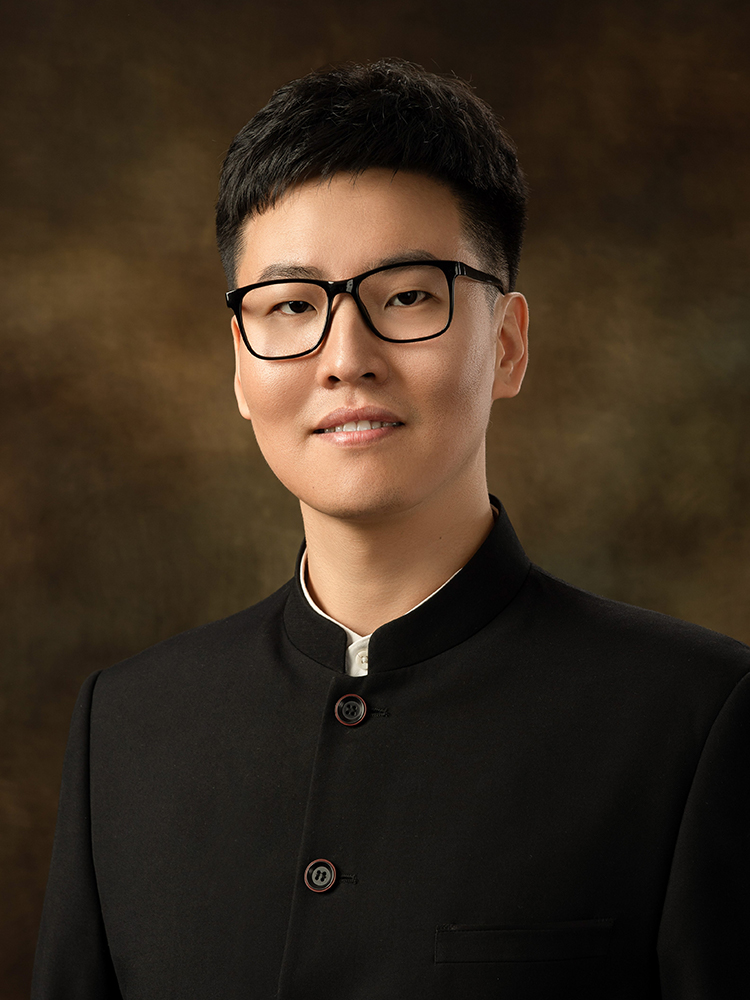
Dr. Gang Wang
Heriot-Watt University
Overview
The central objective of this course is to provide participants with a clear understanding of the key challenges and opportunities related to large-scale hydrogen adoption, with a particular focus on hydrogen storage in subsurface porous media. This one-day course presents an overview of the hydrogen value chain, covering production, transportation, and storage, while also addressing the policy and economic factors shaping the hydrogen economy. Participants will explore key physical processes involved in subsurface environments and their implications for underground hydrogen storage. Real-world case studies are demonstrated to enable participants to assess and develop hydrogen storage solutions from a reservoir engineering perspective. The course is structured in three core sections, progressing from an overview of the hydrogen economy to the specific challenges and solutions of subsurface hydrogen storage in geological formations.

Course Outline
1. Introduction to the Hydrogen Value Chain (1 hour)
– The role of hydrogen in the future energy mix.
– Overview of hydrogen production, transportation, and storage methods.
– Recent updates on projects and advancements in the hydrogen value chain.
– Strategic importance of hydrogen storage in subsurface porous media.
2. Reservoir Simulation for Underground Hydrogen Storage (1.5 hours)
– Hydrogen properties and subsurface physical processes
– Multiphase flow dynamics: viscous instability, hysteresis and fluid mixing
– Biogeochemical reactions and the associated risks
– Distinctions Between UHS, CCS, and Natural Gas Storage from a Reservoir Engineering Perspective.
3. Field Examples: Repurposing Depleted Gas Reservoirs, Saline Aquifers, and Natural Hydrogen Reservoirs (2–2.5 hours)
– Reservoir characteristics and operational histories of various potential storage sites.
– Case Study 1: Developing saline aquifers for hydrogen storage.
– Case Study 2: Repurposing depleted gas reservoirs for hydrogen storage.
– Case Study 3: Recovering natural hydrogen and subsequently repurposing the reservoir for storage.
4. Summary and Key Takeaways (30 minutes)
– Recap of key concepts and strategic insights for implementing UHS.
– Open discussion on topics of mutual interest with participants.
Participant Profile
The course is designed for individuals interested in subsurface hydrogen solutions, including professionals from industry, academia, start-ups, investment groups, and government bodies.
Prerequisites
- A basic understanding of reservoir simulation or geology is recommended but not necessary.
| Time | Activity |
|---|---|
| 08:00 | Departure from conference center Messe Wien |
| 09:00 – 09:20 | Safety introduction ITC |
| 09:20 – 10:50 | ITC / TECH Center & Lab |
| 10:50 – 11:00 | Group exchange |
| 11:00 – 12:30 | ITC / TECH Center & Lab |
| 12:30 – 13:30 | Lunch at the ITC event area |
| 14:30 | Arrival back at conference center Messe Wien |
